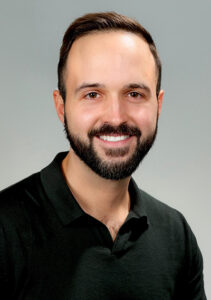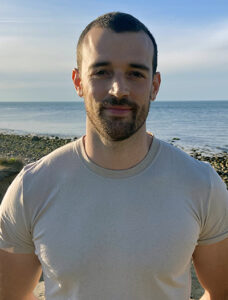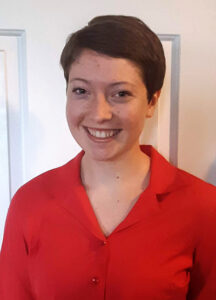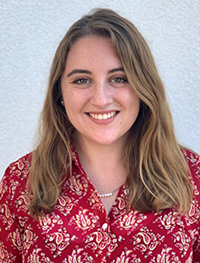CLIMATE ACTION
NJ Climate Change Resource Center Joins National Academy of Medicine and Other Organizations in Addressing Climate Change
NAM – The National Academy of Medicine (NAM) announced today that more than 110 organizations around the world have joined the NAM in declaring their commitment to mitigate climate change and protect human health, well-being, and equity. This expansion of the NAM’s Action Collaborative on Decarbonizing the U.S. Health Sector (Climate Collaborative) network was announced as the NAM observed Earth Day 2022.
Launched in 2021, the Climate Collaborative is a public-private partnership of leaders from across the health sector committed to addressing the sector’s environmental impact while strengthening its sustainability and resilience. Recognizing the critical need to address climate change through health sector leadership, the Climate Collaborative provides a neutral platform for its participants to align around collective goals and actions for decarbonization, based on evidence, shared solutions, and a commitment to improve health equity.
To provide an opportunity for organizations to share plans of action, and extend the reach and impact of the work of the Climate Collaborative, the NAM recently called for and collected statements outlining organizations’ current and planned work to address climate change, particularly as they relate to the Climate Collaborative’s four priority areas – health care delivery; health care supply chain and infrastructure; health professional education and communication; and policy, financing, and metrics.
A wide array of public and private organizations – including hospital systems, private payers, health care services and supply chain companies, and health professional and trade organizations, with many representing diverse memberships – responded to the NAM call and made visible commitments to address climate change. The full list of organizations who have joined the Climate Collaborative as Network Organizations is available at nam.edu/ClimateNetworkOrgs. The call remains open.
“Climate change is a public health emergency that all of us – the health sector and beyond – must take seriously and tackle together,” said NAM President Victor J. Dzau. “We are thrilled to see over 110 organizations coming together under the Climate Collaborative to achieve better health and equity. We believe that the power of collective action can galvanize a movement to decarbonize across the health sector and increase resilience.”
Climate change is increasingly affecting people’s health and challenging the ability of the U.S. health care system to effectively respond to increases in extreme climate-related events. Reducing the carbon footprint of the entire health ecosystem can drastically lower the approximately 8.5% of U.S. carbon emissions for which it is responsible, while also having significant health, social, and economic benefits. The Climate Collaborative, through its participating members and newly formed network, intends to activate all parts of the health sector for sustainable change.
Learn more at nam.edu/ClimateCollaborative and join our listserv to stay updated on the NAM’s climate and health work.
LEARN MORE



 Angel Alguera
Angel Alguera Daniel Gilkeson
Daniel Gilkeson Benjamin Goldberg
Benjamin Goldberg Surya Jacob
Surya Jacob Vineesh Das Kodakkandathil
Vineesh Das Kodakkandathil Douglas Leung
Douglas Leung Nihar Mhatre
Nihar Mhatre Justin Morris
Justin Morris Josephine O’Grady
Josephine O’Grady Jessica Parineet
Jessica Parineet Dillan Patel
Dillan Patel Moira Sweeder
Moira Sweeder